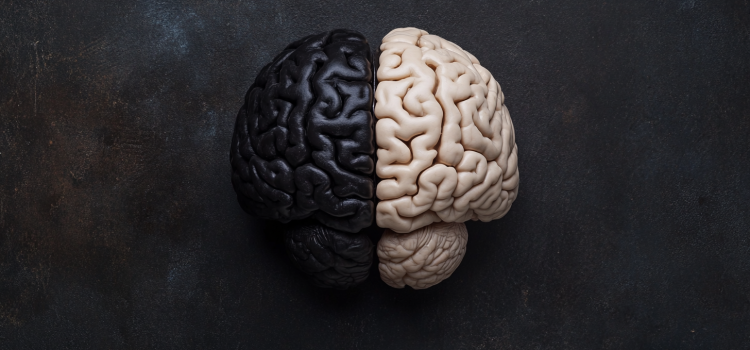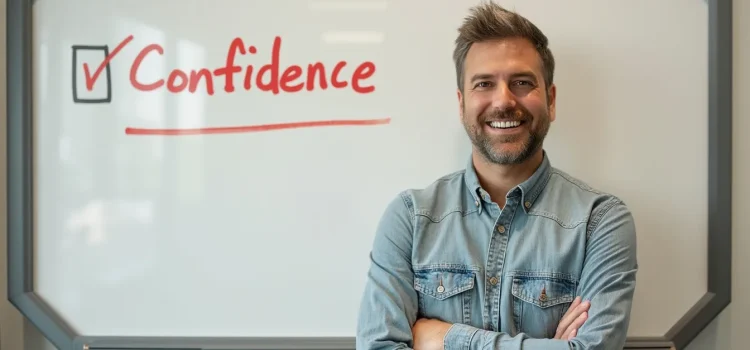Have you ever wondered what it truly means to rediscover yourself after experiencing profound loss? How can a journey of self-discovery lead to unexpected personal growth and transformation? In her book Bittersweet, Lotte Bowser chronicles her path to self-discovery following her partner’s passing. Her candid account explores the process of rebuilding identity, from sorting through shared possessions to embracing new adventures in Lisbon. Keep reading to witness how grief can evolve into a remarkable adventure of renewal.
A Journey of Self-Discovery: Lotte Bowser’s Experience










